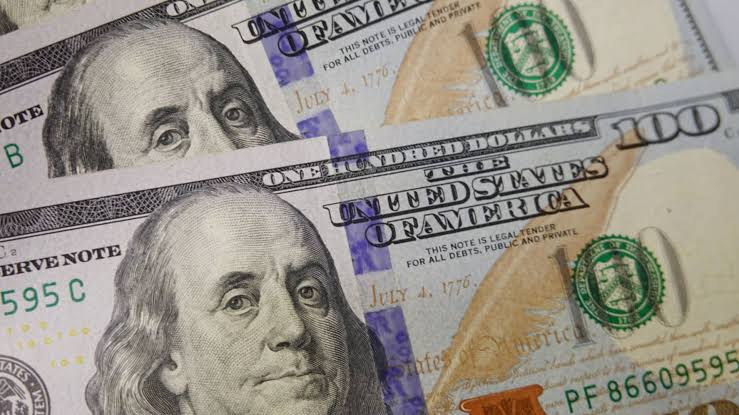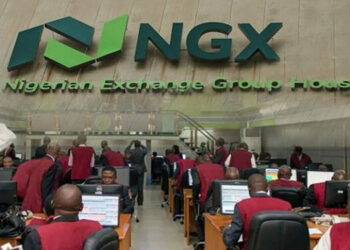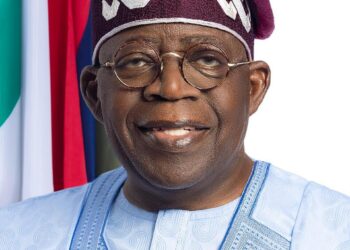Nigeria’s growing fascination with cryptocurrency , assets finds its roots in the country’s escalating need for US dollars, as evidenced by the surging interest in stablecoins, particularly USDT, according to recent Google search statistics.
Data from Google Trends reveals that Nigeria leads the pack in terms of interest in USDT, the most prominent and well-capitalized stablecoin globally. However, when viewed over a 12-month period, Nigeria ranks fourth, following Sri Lanka, Laos, and Cambodia.
Several factors contribute to Nigerians turning to stablecoins, including inflation, the significant depreciation of the naira, and the demand for cross-border transactions.
Dollar-pegged stablecoins have emerged as an attractive option for individuals and businesses in regions grappling with high inflation and currency instability.
USDT facilitates remittances and cross-border payments, serving as a vital income source for many Africans.
Using stablecoins streamlines the process of sending and receiving money across borders, reducing costs, time, and friction compared to traditional methods like banks or money transfer services.
Stablecoins are touted as a cost-effective means of transferring money and as a safe entry point into the Bitcoin ecosystem, offering protection against market volatility. Transfer fees for USDT and USDC typically range from 0 per cent to 1 per cent.
Despite the recent waning interest in Bitcoin, Nigeria maintains its position as Africa’s largest crypto market, with a 9 per cent annual growth rate and consistent growth since 2021, according to research by Chainalysis.
However, Nigeria faces stiff competition from more crypto-friendly nations like the United Kingdom, United Arab Emirates, and Brazil, as it strives to solidify its position in the crypto market.
With over 200 million inhabitants, Nigeria boasts one of the youngest populations globally, with 43 per cent under the age of 15, presenting significant opportunities for financial innovation and inclusion.
The 2023 Access to Finance Survey Report by Enhancing Financial Innovation and Access (EFiNA) revealed a notable increase in the adoption of digital financial services in Nigeria, with 45 per cent of Nigerians utilizing such services in the past year, up from 34 per cent during the lockdown period.
Stablecoins, such as Tether (USDT), USD Coin (USDC), and Binance USD (BUSD), are cryptocurrencies backed by conventional assets like US dollars and gold. The Central Bank of Nigeria (CBN) plans to classify stablecoins and initial coin offers (ICOs) as investment classes, while also developing a regulatory framework for their operations.
Acknowledging the popularity of private stablecoins as a payment option in Nigeria, the CBN aims to regulate their activities, paving the way for the development of cNGN, a new stablecoin linked to the Nigerian naira.
Designed to benefit token holders and bolster the Nigerian economy, cNGN is pegged to the nation’s fiat currency and boasts compatibility with multiple public blockchains, facilitating seamless international transfers and enhancing its global utility.





